Senegal
"All the actions that have been taken have been within the framework of the law and rules," Senegal's presiden Macky Sall told the BBC.
In an interview unveiled by the British broadcaster on Wednesday (Mar. 20), Sall rejected responsibility for the crisis that erupted in Senegal in the wake of his historic decision to postpone elections.
"No legal or judicial institution has questioned or cast any doubt on the sincerity of actions that were taken", he claimed.
On the eve of the launch of the presidential eletion campaign (Feb. 03), Macky Sall announced he had signed a decree repealing the law that convened the Senegalese to vote on February 25.
The 62-year-old cited controversies over the disqualification of some candidates and allegations of corruption in election-related cases.
On February 5, parliament which is dominated by the ruling party backed a delay until December and voted to keep Sall in power until his successor takes office.
However, the nation's top election authority ruled the move unconstitutional on February 15 and urged "competent authorities to hold elections as soon as possible".
How an unprecedented crisis unfolded
Since gaining independence in 1960, no presidential poll had ever been postponed in Senegal.
The announcement of the president on February 3rd came after the establishment of a parliamentary commission by the party of Karim Wade, the son of former president Abdoulaye Wade.
In late January, opposition lawmakers wished to investigate the integrity of two judges from the Constitutional Council [Editor's note: The parliamentary inquiry was enventually closed and a the prosecutor launched a legal investigation following a complaint by one of the judges].
Wade, the aspiring cadidate of the PDS party had been barred from vying for the presidency.
After the announcement by the President, Wade's supporters were seen celebrating the postponement of the February 25 presidential election.
Other opposition leaders and candidates rejected the decision, calling it a “coup.”
Critics accused the president of trying to extend his stay in power.
Deadly protested erupted in the country as the president would not announce a date.
Senegalese living abroad also took to the streets. In France where a large community lives, protests were hold across major cities including Paris and Bordeaux.
Macky Sall then convened a dialogue to ease tensions. During the two-day event, participants proposed a new election date.
On March 6, the president eventually announced the first round of the presidential election would take place on March 24.
Senegalese faith in democracy has significantly declined under Sall, with more than half of citizens saying their country is less democratic now than it was five years ago, according to Afrobarometer, a survey research network.



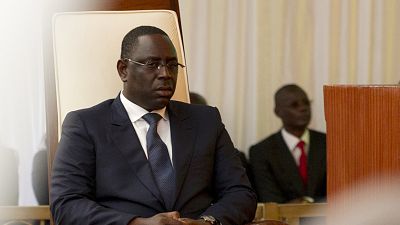

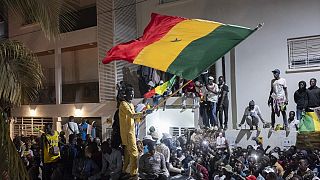
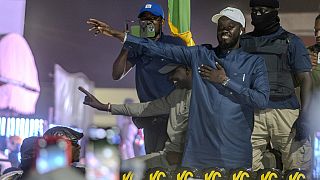
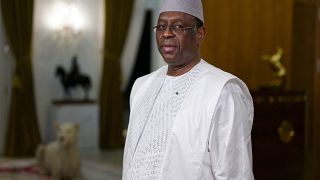
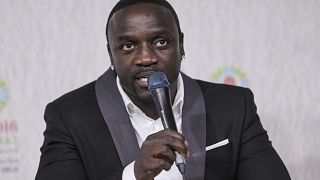
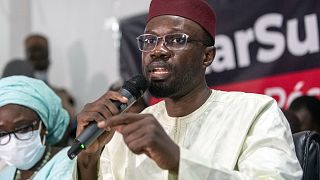
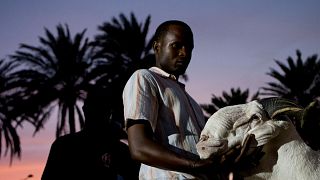



00:58
Senegalese PM Sonko says international order is shifting to a more balanced, multilateral world
01:00
Pix of the Day: July 3, 2025
01:06
China, Senegal pledge stronger strategic partnership during Beijing talks
01:43
TikTok star Khaby Lame plays soccer in Brazil after US detention
01:07
Senegal indicts fifth former minister amid intensifying anti-corruption campaign
01:08
Senegal’s fishing crisis: Overfishing, migration, survival